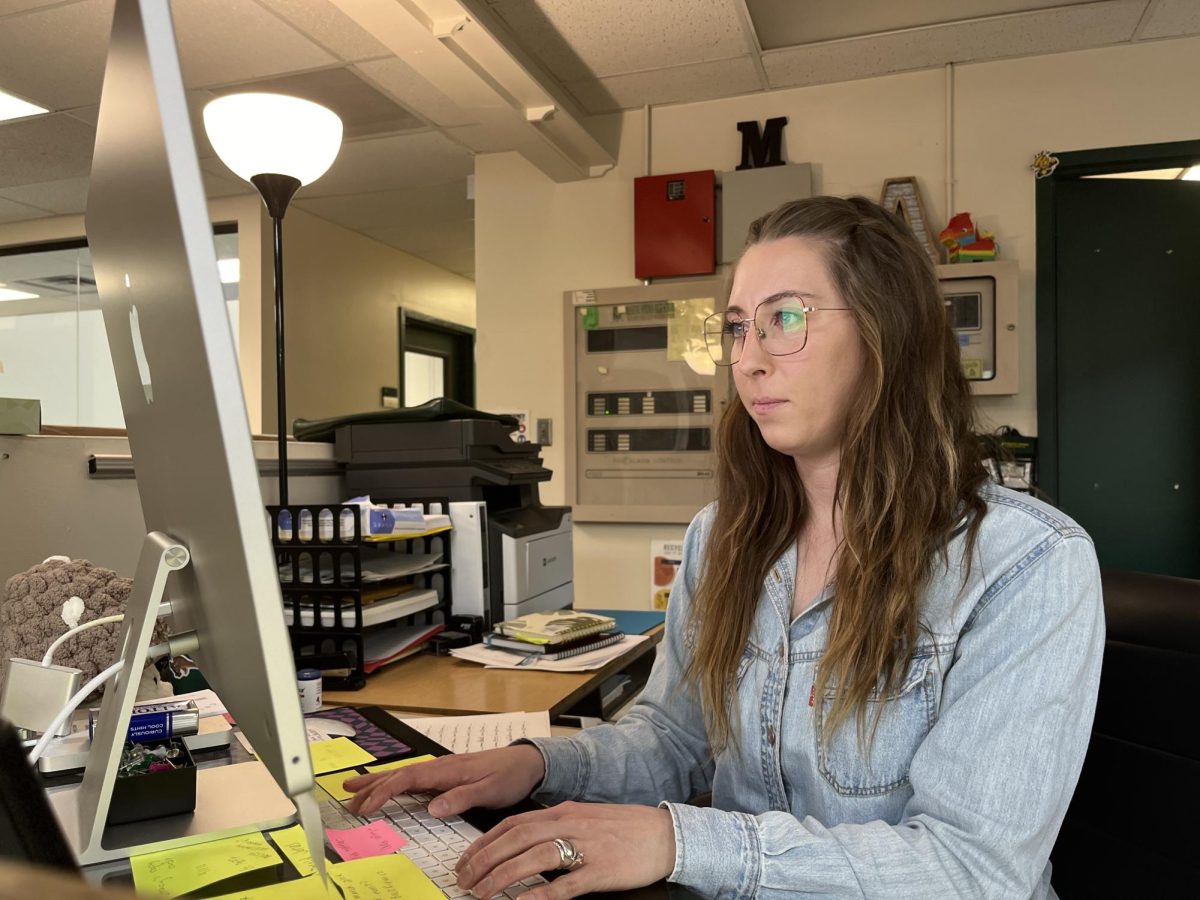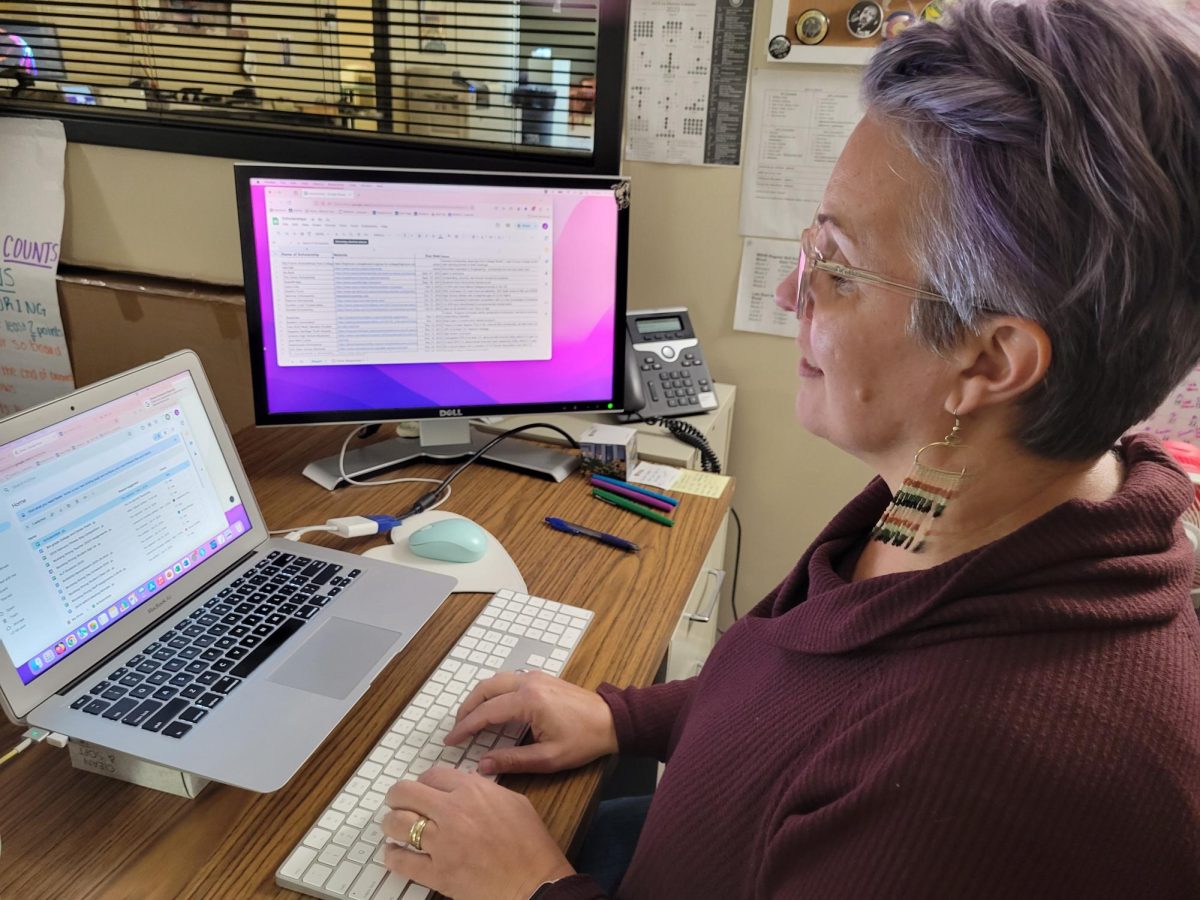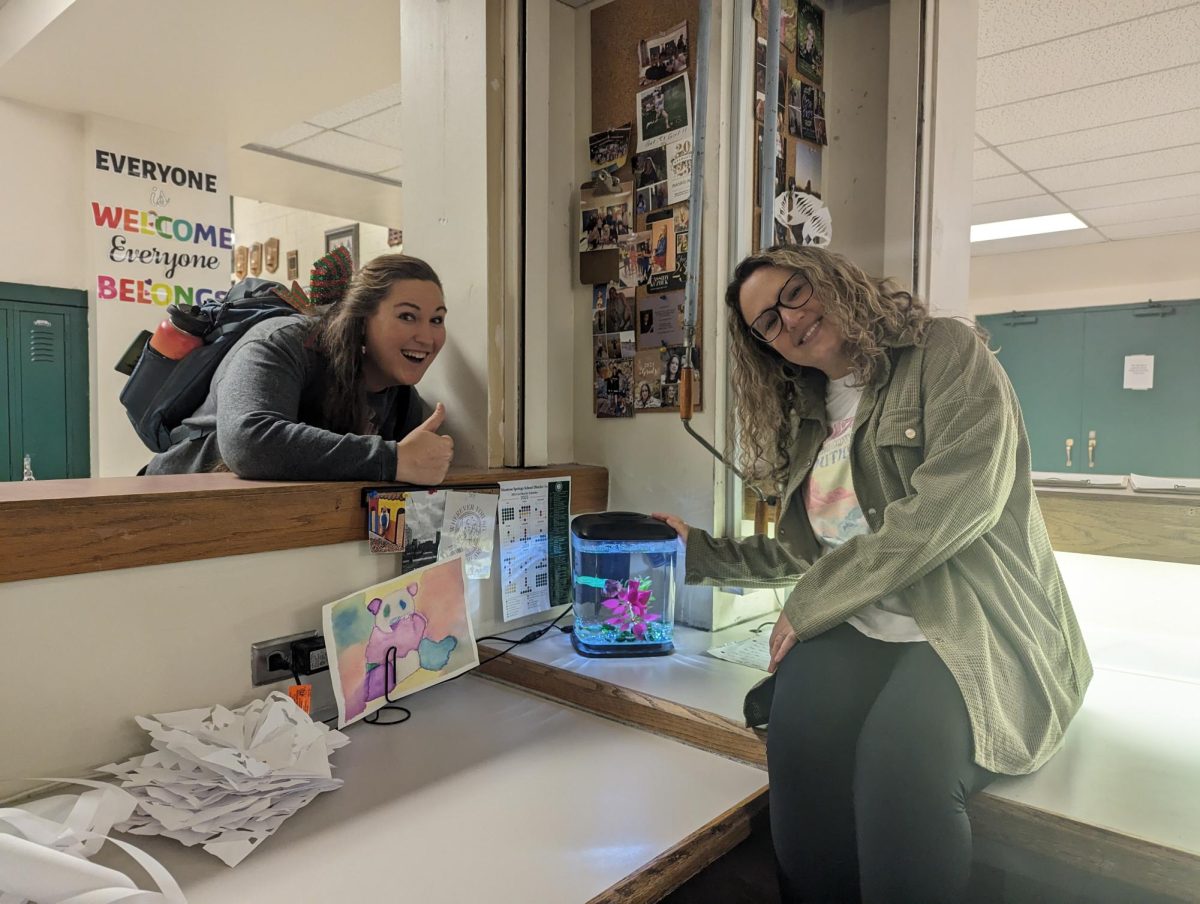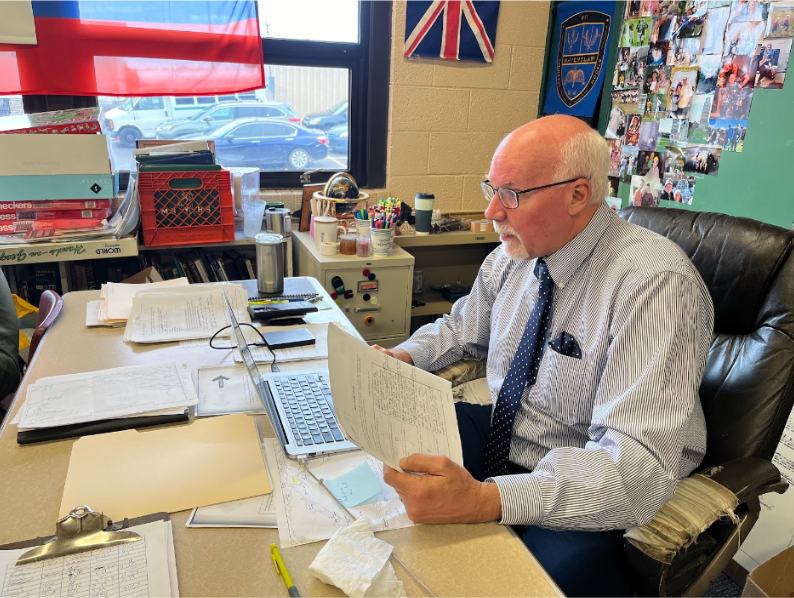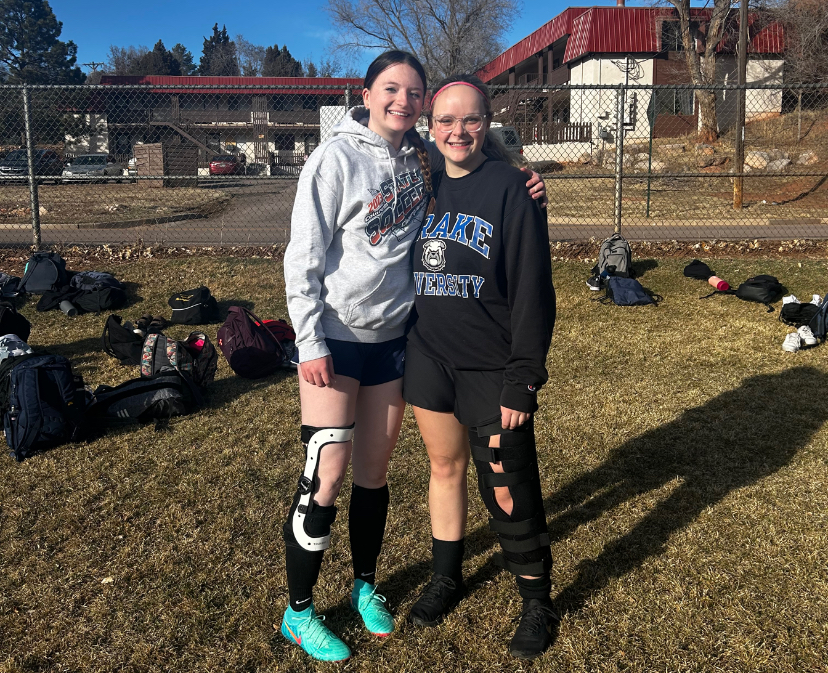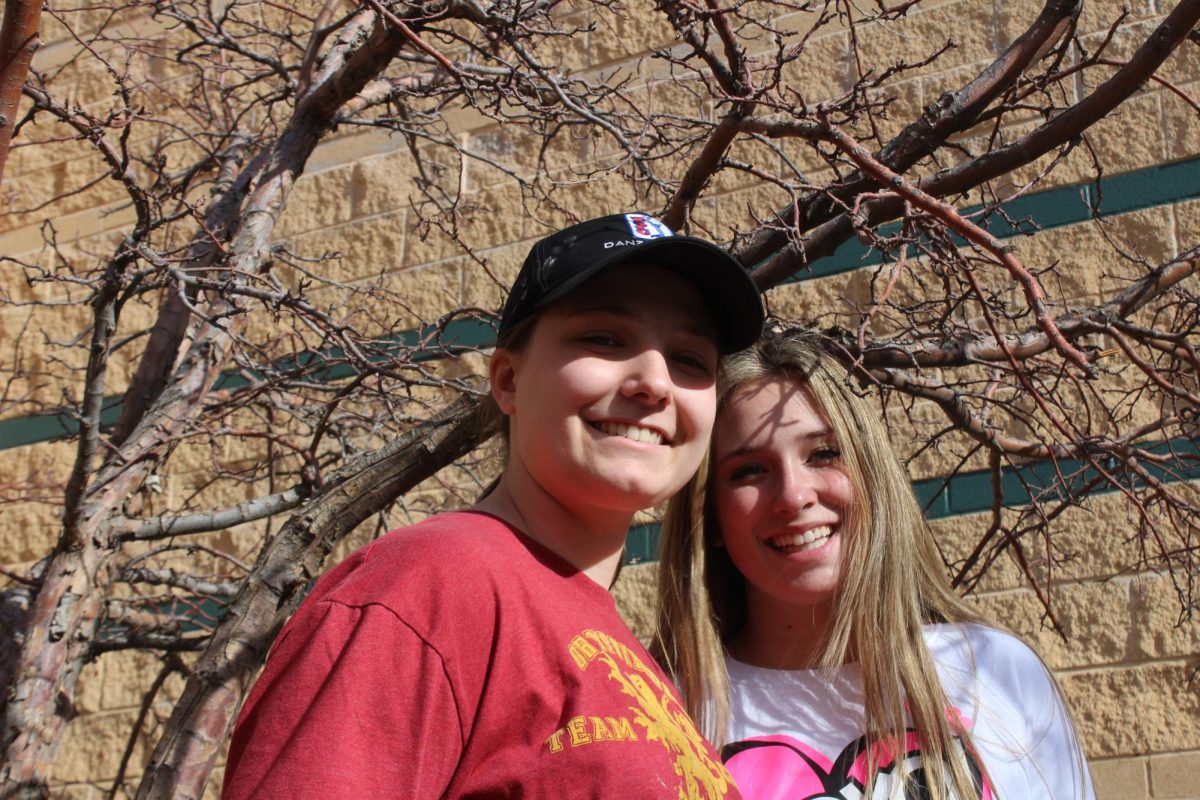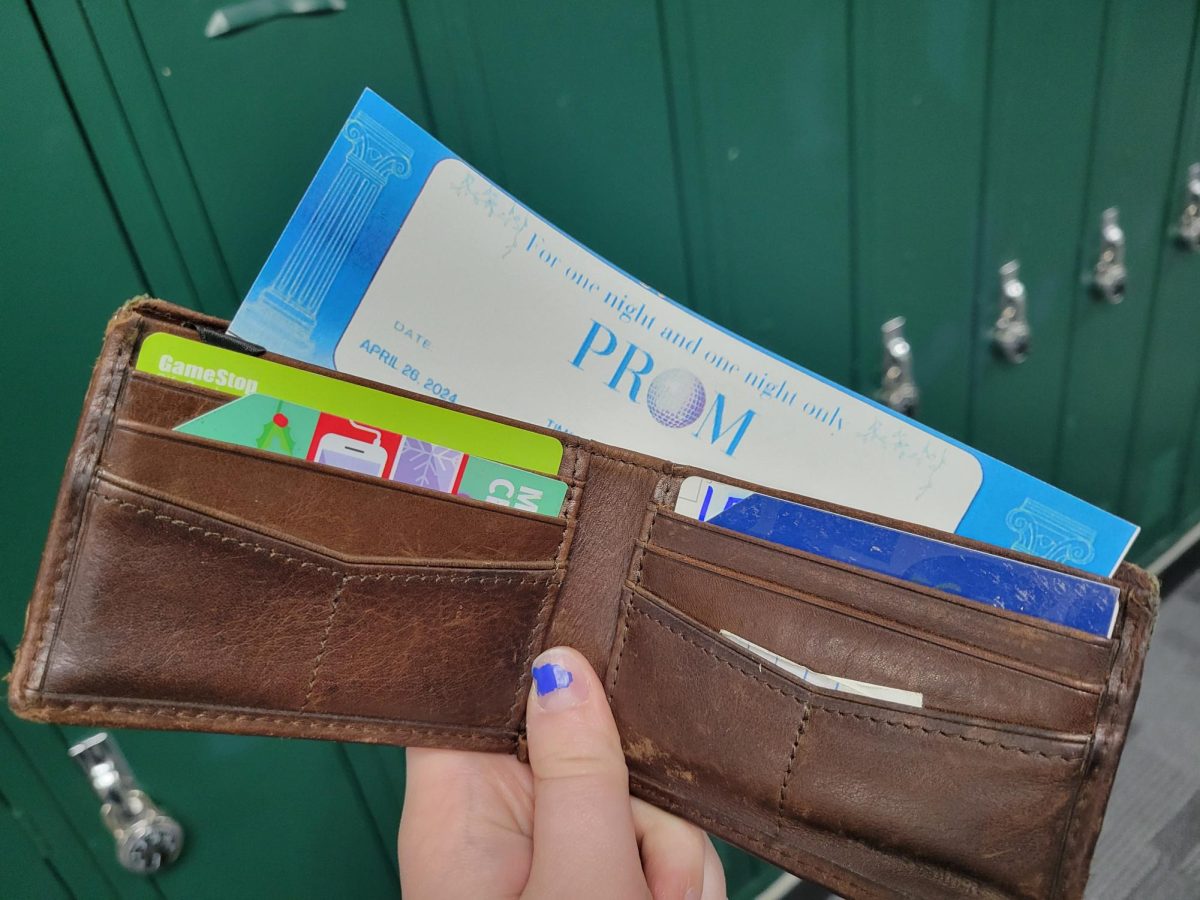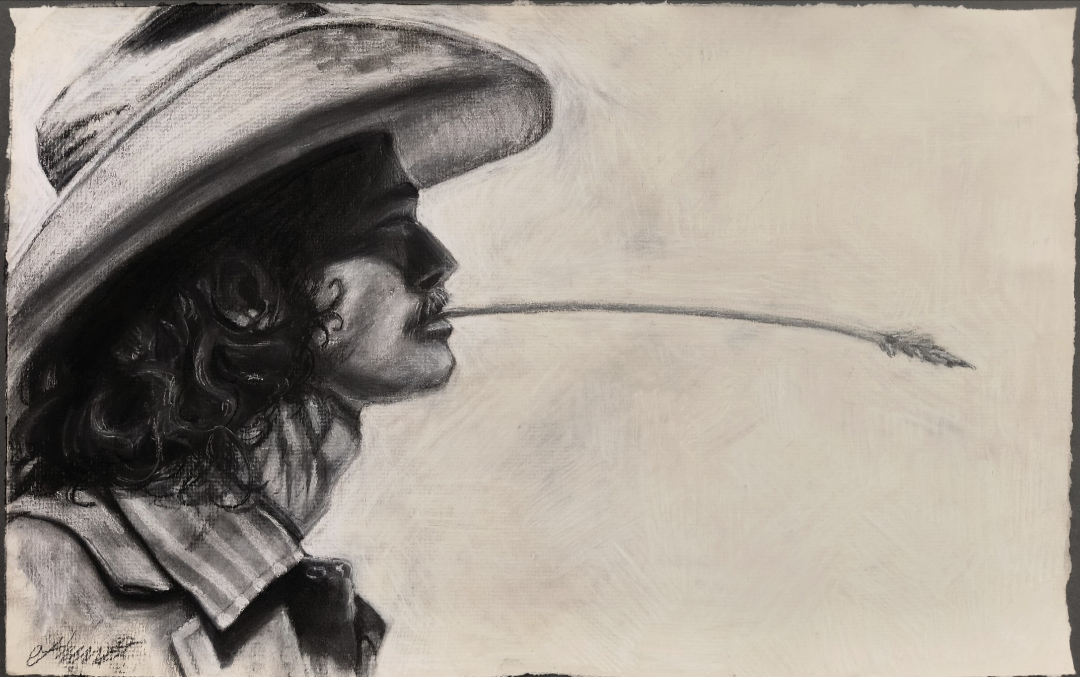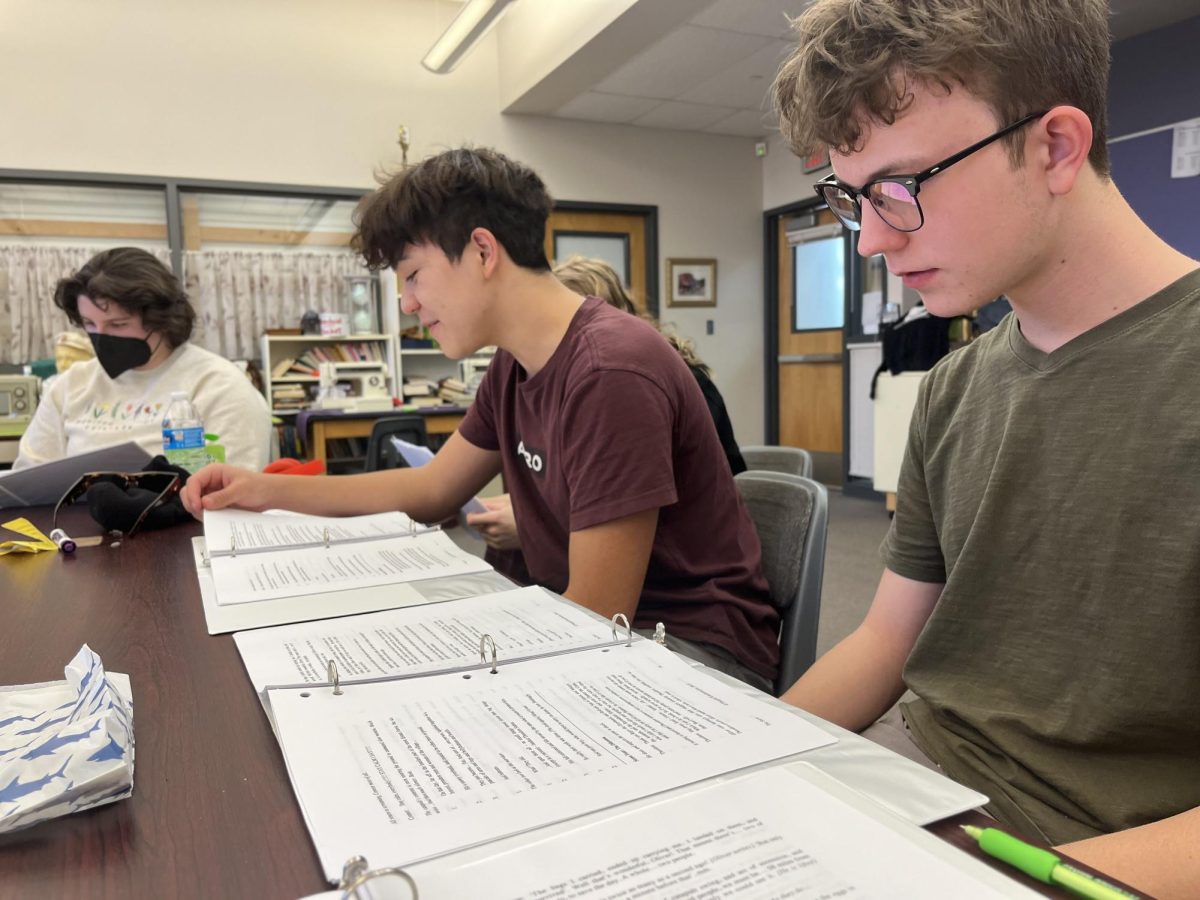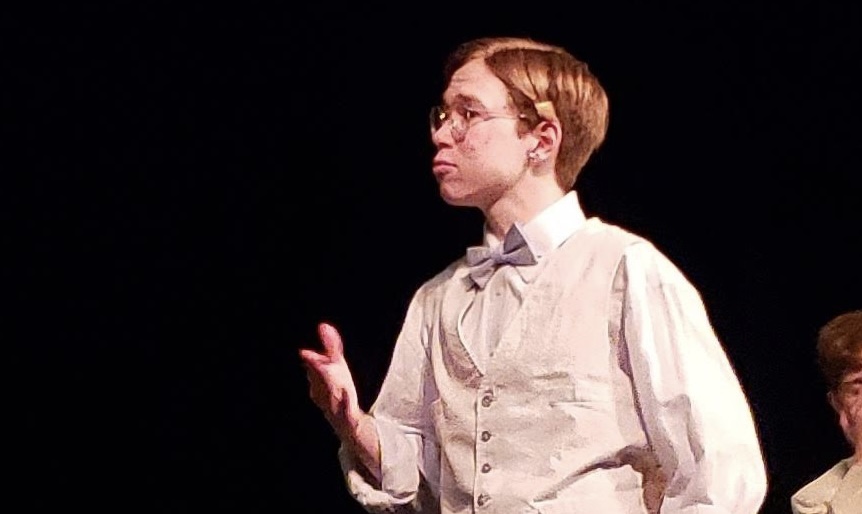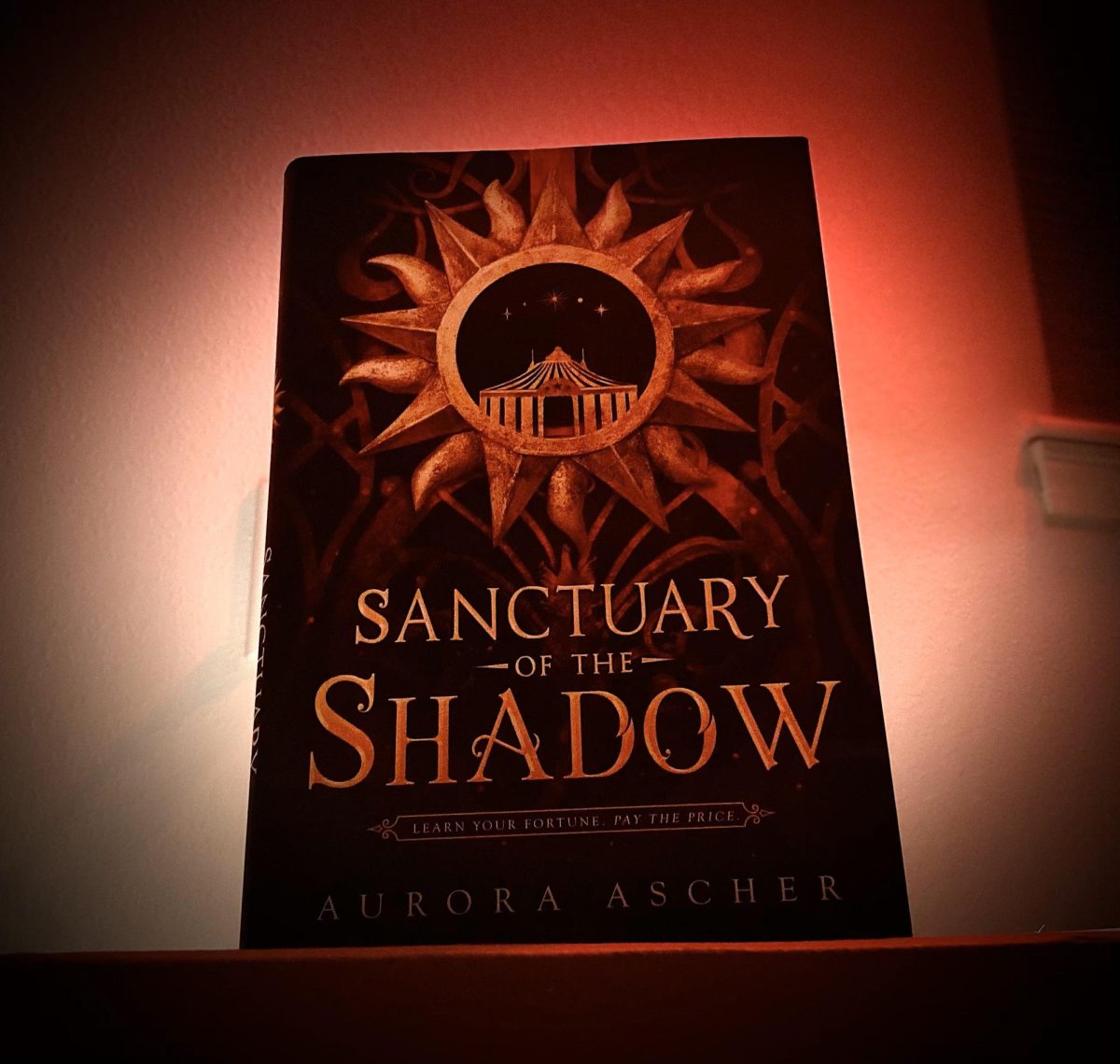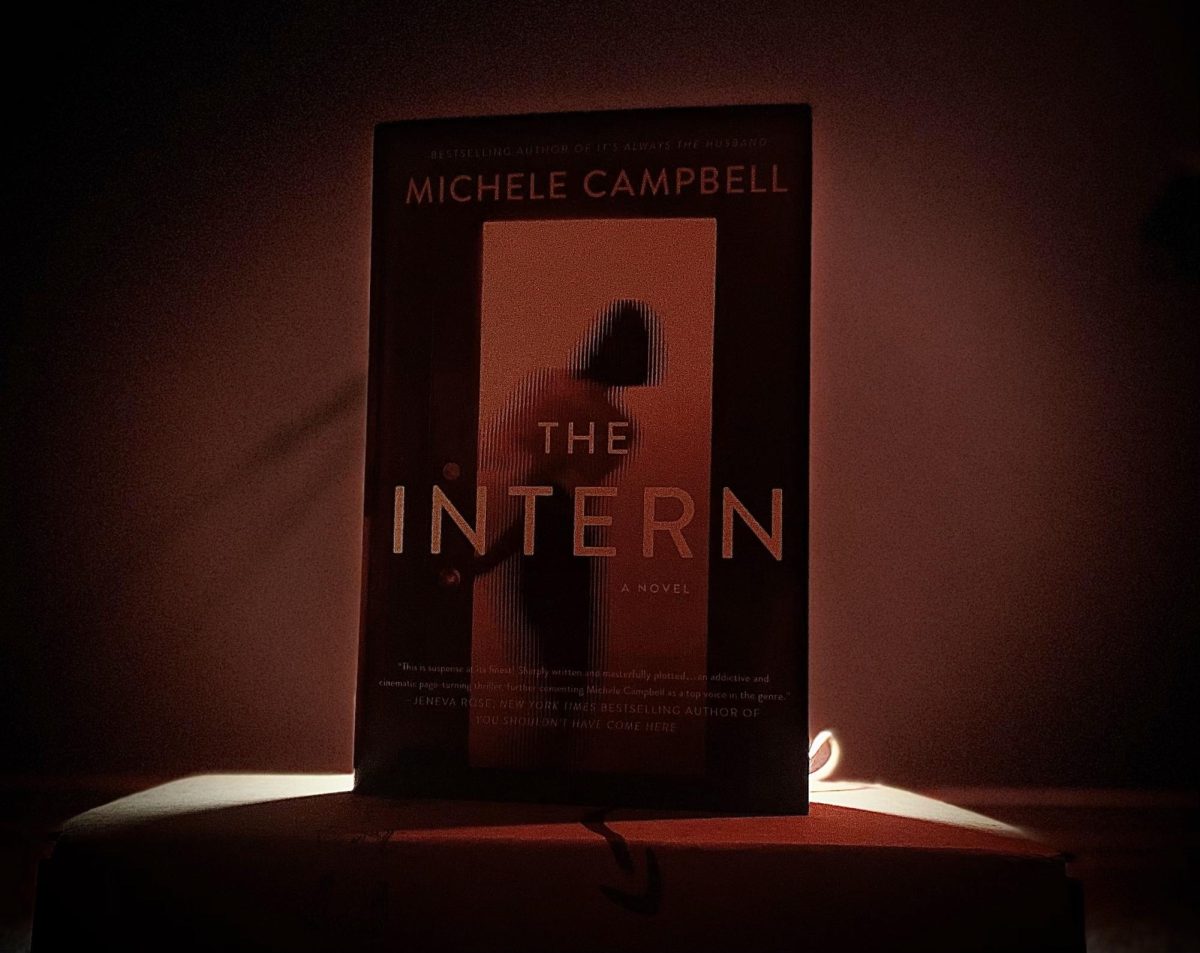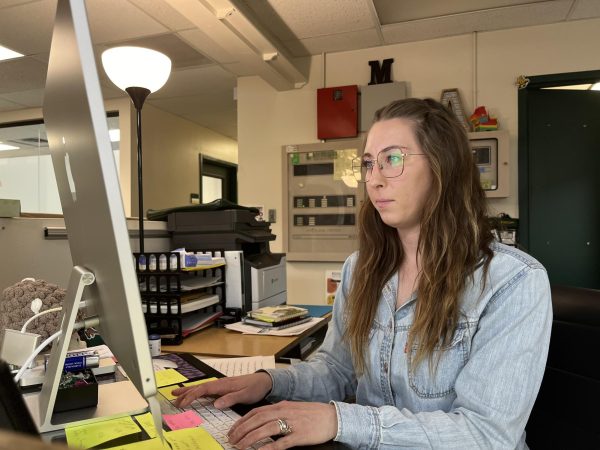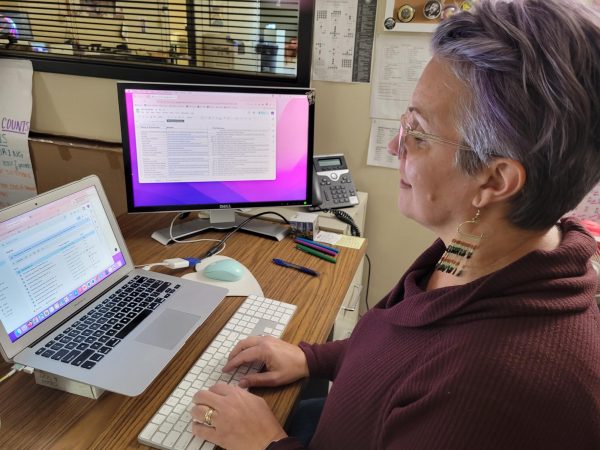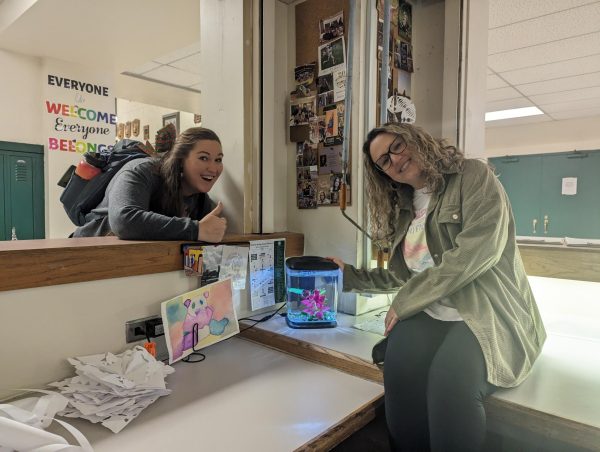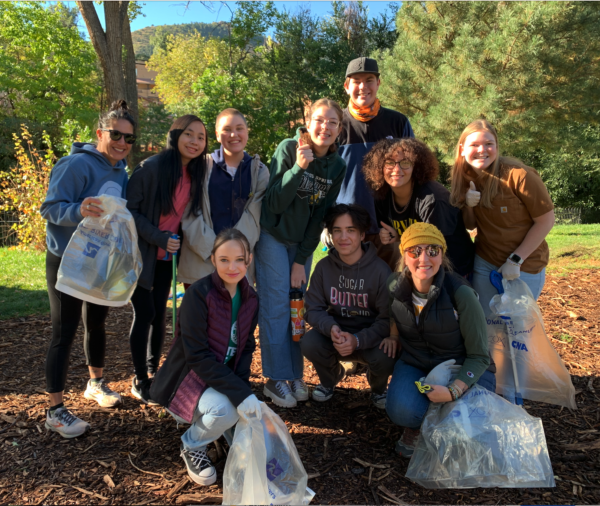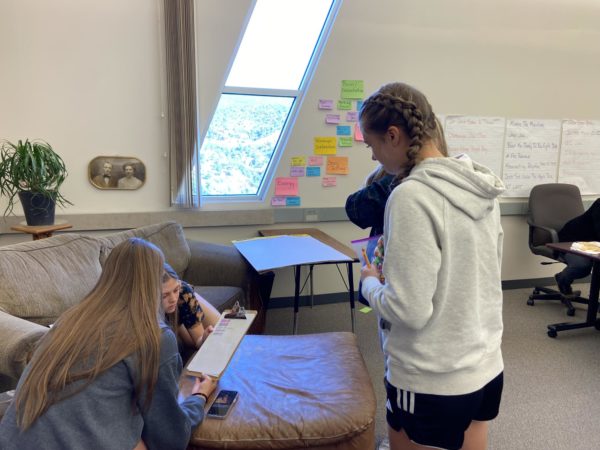More Espresso Equals Less Depresso
November 16, 2018
Caffeine consumption has become a normal part of life for high school students. You wake up and immediately think to grab a cup of coffee or tea. During lunch time you might have a soda along with your meal. While studying, you might need an energy drink to keep you awake. Whether or not you’re aware of it, each of these drinks contains caffeine. This consumption poses one question: Am I addicted?
Caffeine isn’t necessarily an addiction, however, you can just as easily become dependent on it. Caffeine enhances dopamine signaling in the brain. According to the National Institute for Drug Abuse, caffeine only creates a small rise in dopamine levels, unlike substances like many prescription drugs or methamphetamine and MDMA (ecstasy), which create a large surge and unbalance reward circuits causing an addiction.
“I drink coffee every single day, sometimes multiple times. When I skip or forget to drink anything with caffeine, I get a terrible migraine,” said Kaitlyn Cashdollar, a senior at MSHS. When your body becomes dependent on the caffeine, that’s when it can cause this addiction like feeling. Eliminating caffeine from your diet will cause caffeine withdrawal. Caffeine withdrawal symptoms usually start 12-24 hours after stopping caffeine. Symptoms of withdrawal from caffeine include headaches, fatigue, anxiety, irritability, depressed mood, and a difficulty concentrating.
Within an hour of drinking a caffeinated beverage, your membranes will have completely absorbed the caffeine. According to Sleep Education– which is a resource provided by the American Academy of Sleep Medicine– caffeine has a half-life of 3 to 5 hours. A half-life is the time it takes for your body to eliminate half of the drug. It is suggested that you don’t drink any products with caffeine in the late afternoon and early evening as it may disrupt your sleep.

